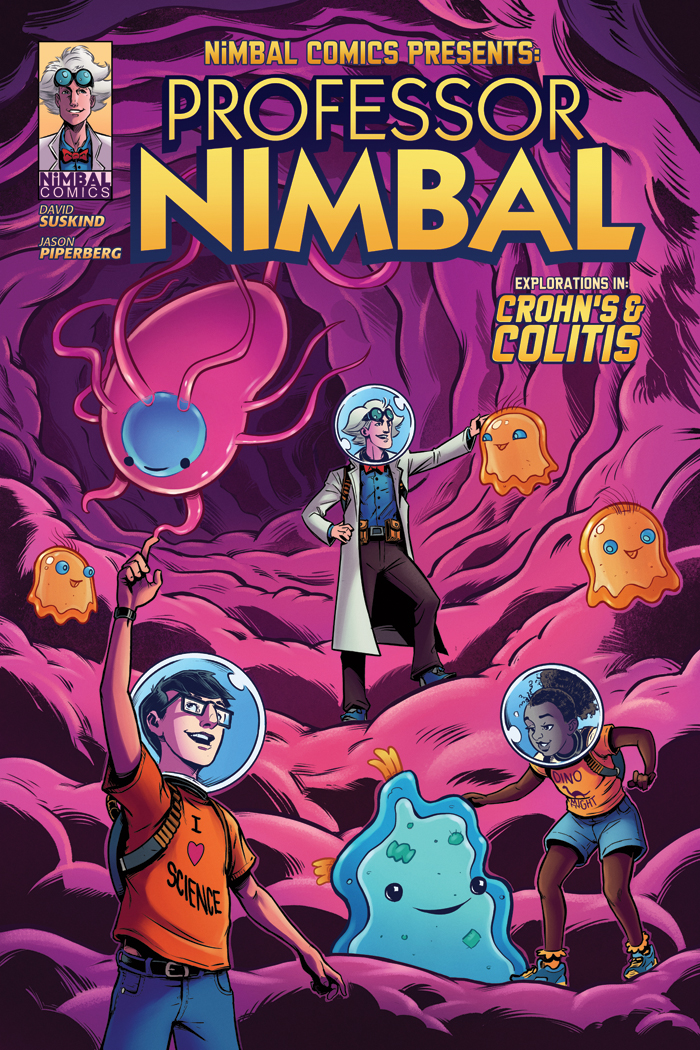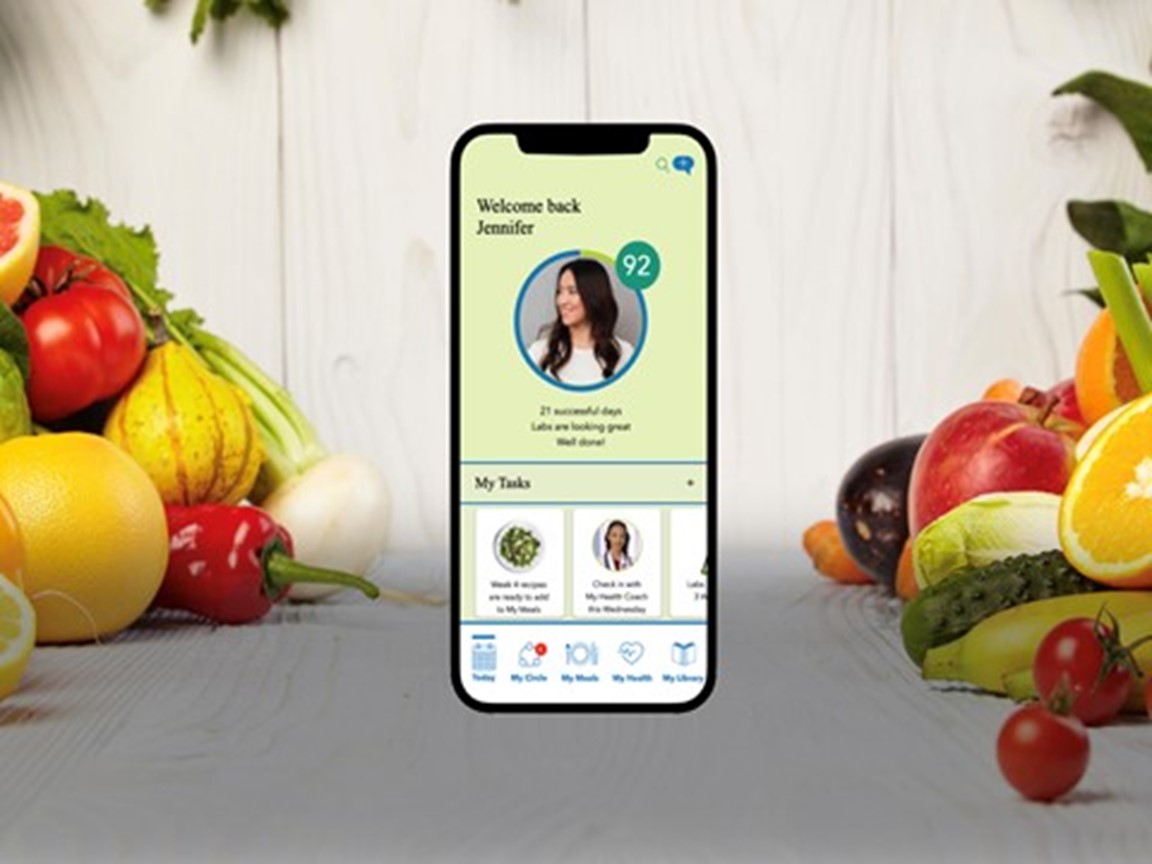Frequently Asked Questions
Is the specific carbohydrate diet right for me or my child?
Only you with the help of your healthcare provider can answer this question. Any decision on treatment whether medication or diet based needs to balance the therapies potential success and its potential drawback or side effects. When deciding upon the treatment course important points to consider include the severity of person disease, how complicated a person disease is, potential side effect of the treatment itself as well as compliance of the therapy.
For the specific carbohydrate diet to be successful everybody needs to be on board! Never force or use excess pressure to make your child use dietary therapy. If there is strong resistance to the SCD and a person is force to trial it, chances are it will fail. The goal for dietary therapy is to give you or your child a treatment option which can be used throughout a lifetime. To avoid destroying the chances of him/her using dietary therapy later in life by making the experience onerous, simply educate them and when he/she wants to consider the SCD allow it to happen. In short, the SCD has to be a collaborative process between you, your whole family and your child.
Medications to treat inflammatory bowel disease are important to assure that people with inflammatory bowel disease are able to live a healthy, productive and happy life. Life decisions are rarely black and white. The decision to trial dietary therapy can be right for many but not necessarily everybody. The medications we use to treat inflammatory bowel disease are able to reverse the symptoms as well as inflammation. And this is essential! All medications have potential side effects. And these side effects can be scary especially to a parent of a young child; with that being said there are significant side effects if a patient doesn't get into remission. That is why no matter what treatment option an individual decides upon, whether diet or medication, the primary goal is not only to get that individual feeling well and doing well but also to get the inflammation under control.
The first part of the question is hard to answer as the specific carbohydrate diet has not been extensively researched. The majority of patients I have seen have had positive results within 2 to 4 weeks. Complete remission of symptoms can take longer up to 6 to 12 weeks. An important point to make is that if you are not seeing some improvement by 3 to 4 weeks additional or alternative therapy should be considered; if symptoms are worsening the decision to change therapy should be made sooner.
The diet does not work for everybody. Is important to have close follow-up with your health care provider and dietitian to help make sure your child gets the best possible care. If the diet does not work for you or your child it is imperative to consider alternative or additional therapy. Childhood is a time of both physical and mental growth. Active disease can you compare both.
There are two aspects to the cause of inflammatory bowel disease: (1) the immune system which is attacking the bowels and (2) the microbiome which is triggering the immune system to attack the bowels. The dietary therapy works on the microbiome and therefore allows the immune system to quiet down. In some cases the immune system is so overactive, it may not quiet down simply by changing the diet. In this scenario, considering alternative or additional medical therapy should be considered. Once the immune system has quieted down the SCD may be more effective. Further study in this area is required.
Prior to starting SCD, it is important to understand the basics of the SCD and to have a basic outline of how you are going to make this dietary transition possible. Plan ahead! Make sure you have the time needed as well as support of other family members and friends. Also try to find a SCD community which can support your efforts as well.
Common pitfalls of the SCD include misaligning the SCD with other alternative therapies. Other dietary therapies such as juicing are counter productive and counter intuitive to the SCD. There is also a misconception regarding over-the-counter nutraceuticals. Nutraceuticals are a multibillion dollar industry with little oversight. This means nutraceuticals do not need to be or are required to test their products. This means that we often don’t know the true effects of these therapies. In addition, many studies have shown that what is often labeled on a nutraceutical is not what is in the product. Buyer beware!
Not necessarily. It depends on the dietary intake of the individual. The SCD done correctly meets complete nutritional needs. In an analysis of patients here at Seattle Children’s, the only vitamin which was consistently lower than the recommended daily allowance (RDA) was vitamin D. We therefore routinely supplement with vitamin D. Every individual on the SCD should be seen by a dietitian. The dietician should do a three day dietary/nutritional analysis to assure that an individual is getting enough vitamin and minerals.
Yes! Having a supportive family is one of the keys to success in the SCD. Support can be given in many ways including initiating the diet. For many of the families I see in clinic, parents do the SCD as well. For many parents, the SCD has been a gift in disguise. While their children get better and gain weight, many of the parents (who may have a few extra pounds) have seen significant weight loss. So feel free to support your child’s health as well as your own by starting the SCD.
Eating is not only important to assure good health but can also be social experience. We socialize, tell stories and bond with others over meals. Going on a restrictive diet sometimes gets in the way of this shared experience. For children and adolescents this can be difficult and sometimes make individuals feel excluded. To combat this, one needs to be proactive and make sure that the diet does not get in the way of daily activity. For sporting events make sure you have the right SCD foods to give your child that extra boost. Bananas, dried fruit bars, nut butters can be a good source of energy and routine prior to vigorous sports. For social outings, movies and get togethers having easy accessible snack foods makes everything easier. As with so much in life, being open and talking with other families and friend can make the SCD simpler. Trying to hide this or not bring attention to things many times can be stressful and cumbersome. If you are going on the SCD, embrace it.
In addition, in IBD there is always concern (whether on the dietary therapy or medication) about proper weight gain and growth. Because the SCD restricts a lot of high calorie foods, weight gain is something we always look out for. The majority of children we follow who go on the SCD gain and grow appropriately but we are always proactively watching the nutritional health of our children. If weight gain is an issue, finding foods that are higher calorie as well as foods which your child likes to eat is imperative.
There is no need to add in foods on the SCD. The SCD itself is a nutritionally balanced diet. We have added in foods for some of the children follow because for some children the diet is too difficult to maintain long-term without additional foods. There is risk adding a new foods as this can trigger a flare of symptoms. With that being said we have added in for some children rice, oatmeal, cocoa powder, and potatoes. If you do added foods make sure it is in a slow stepwise fashion.
Flares can occur for people on medication and for people on dietary therapy. While the cause of a flare is not always apparent, treating it is imperative. Most individuals can treat a flare by going on to the earlier stages of the diet. For those with severe symptoms, medication can be appropriate.
The main goal of the SCD is to achieve remission, meaning symptom control and normalization of labs. Occasional intake of non SCD foods may not induce symptoms but may cause increase inflammation. We need both to be in control. Staying true to the diet is essential for its success. If you or child need to break the diet, do it in a controlled fashion to see if the food added may be safe to take. We get a baseline calprotectin and then repeat it in a month if the child is otherwise tolerating the food. If gastrointestinal symptoms occur, return to the previous SCD and symptoms should improve. An inadvertent break in the diet can happen. If it does don’t worry, just maintain a steady course.
Dining out can be challenging. Choose plain meat/fish with fresh salads/ steamed vegetables. Avoid eating at chain restaurants. Quality establishments are best.
Although no direct studies have been done in this area, I do believe that this does impact the microbiome and therefore disease activity. I recommend high quality foods.
Much more needs to be done to understand the impact of nutrition in IBD as well as in other areas of human health and disease. Be a vocal advocate. Talk with your community leaders, your national leaders, the CCFA and local and research gastroenterologists. Tell them more needs to be done for research in nutrition and IBD (as well as every other autoimmune disorder and cancer!). Support research! Through knowledge comes understanding.



